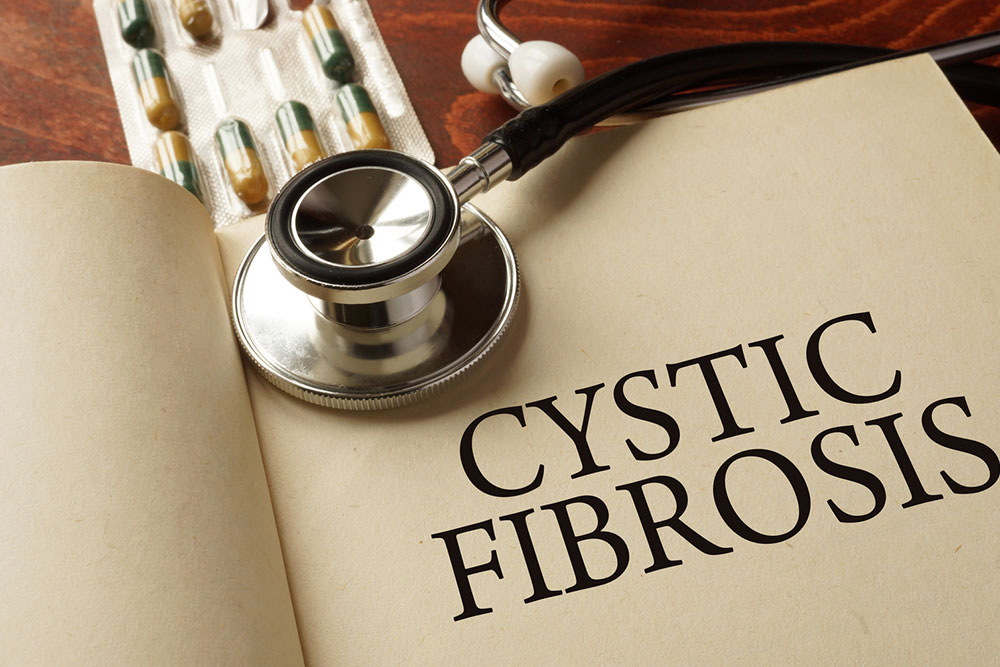
Cystic fibrosis – Symptoms, diagnosis, and treatment
Cystic fibrosis belongs to a group of progressive genetic diseases. It triggers continual infections in the lungs and limits the patient’s breathing capacity as the condition progressive. Cystic fibrosis is a hereditary condition. A child can develop this disease if their parents are carriers of a defective gene that is responsible for this disease. It is known to affect the digestive system and some other organs of the body. Usually, cystic fibrosis affects the cells that generate fluids like sweat, mucus, and digestive juices. As a result, the secretions become thick and sticky. This disease is not curable, and regular care is essential to manage the condition. Patients with this condition need to undertake steps to thin the mucus over time. If is left untreated, cystic fibrosis can lead to life-threatening complications.
Symptoms of cystic fibrosis
The symptoms of this disease vary depending on the severity. Today, hospitals across the country screen for this disease in infants as soon as they are born. This ensures that the treatment begins even before the symptoms show up. It is essential for people who have not undergone the screening test to know about the signs and symptoms of this disease. The common symptoms of cystic fibrosis are:
- Wheezing
- Persistent cough which leads to the generation of thick mucus
- Lung infections that seem to crop up quite often
- Breathlessness
- Stuffy nose or inflammation of the nasal passages
- Salty-tasting skin
- Stools that seem greasy and bulky
- Inability to gain weight
Diagnosis of cystic fibrosis
Various tests are conducted to diagnose this illness. Apart from newborn screening, other tests may be conducted in older kids. These tests are:
- Sweat test: This is a standardized test recommended for the diagnosis of cystic fibrosis.
- Blood tests: A blood test by pricking the heel of the infant is also conducted to test for the disease.
- CF genotyping: This is done to verify the diagnosis of cystic fibrosis.
Treatment for cystic fibrosis
There is no cure for cystic fibrosis, but some treatments can help improve the condition. Some of the common treatment options for cystic fibrosis are:
- Clearance of the airways: It is vital for patients of this disease to clear the mucus lodged in their lungs. This will help clear their airways and lower the risk of lung infections. Airway clearance techniques like percussion and postural drainage can help get rid of thick mucus. Even inhalers with metered doses can help thin the mucus.
- Antibiotics: Antibiotics are yet another part of the treatment. These medications can either be taken through inhalers, pills, or injections. Medications like azithromycin and ibuprofen are found to be effective in treating the disease.
- Implanted devices: These devices can provide “long-term access” to the victim’s bloodstream. So, they can be used to administer medicines regularly, which will help with the better management of this disease.




